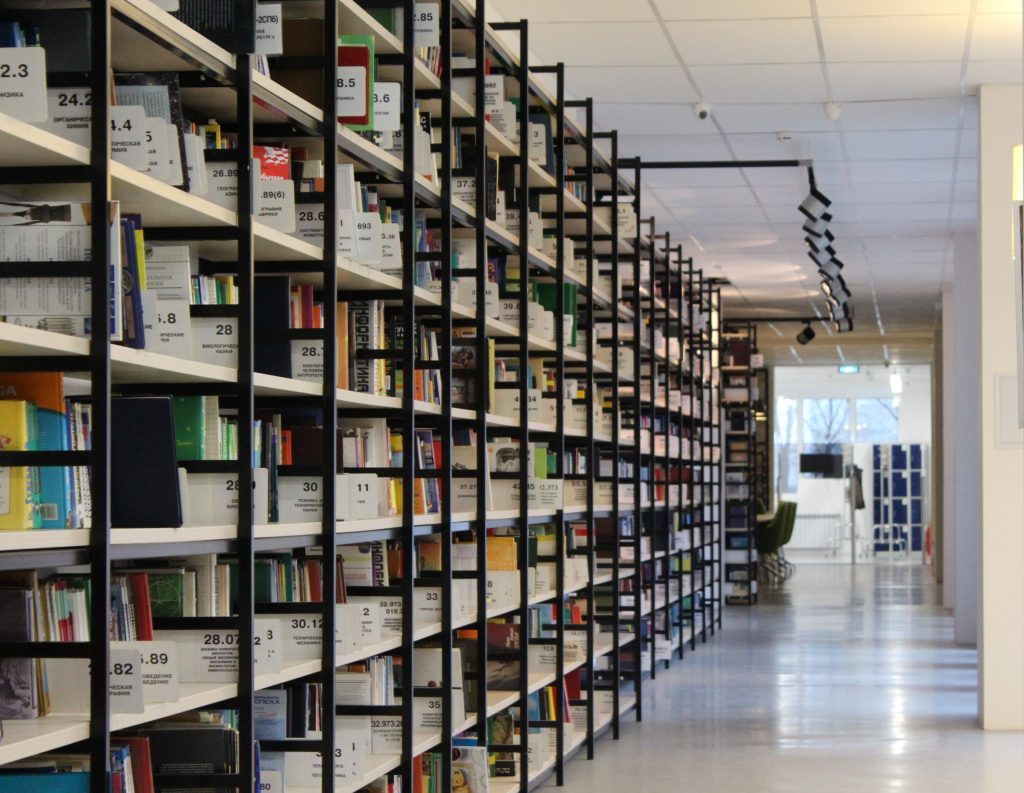The European Commission has established a High-Level Expert Group (HLEG) to assess how to strengthen science–policy interfaces for better food systems governance. In June 2022, the Directorate-General for Research and Innovation of the European Commission published a report by the HLEG entitled Everyone at the Table: Transforming Food Systems by Connecting Science, Policy and Society. BioMonitor policy brief 6 – “The Bioeconomy and the Transformation of Food Systems: the links between BioMonitor and a Report by a European Commission’s High-Level Expert Group” – take a closer look at some of the intersections of the findings of the HLEG report with the outcomes of the BioMonitor project.
At the same time, the implementation of the EU Bioeconomy Strategy is “on track” to achieve most of its objectives and to advance a
circular and sustainable economy in the EU. However, the European Commission and bioeconomy stakeholders have highlighted critical knowledge gaps that will hinder further progress. These include sustainability impacts, especially regarding effects on natural resources, but also tensions between demand and supply of land and biomass, and the more systemic effects as negative trade-offs. BioMonitor toolbox addresses such gaps in an integrated way, providing quantitative and qualitative insights into the future of the EU bioeconomy under alternative scenarios. BioMonitor policy brief 7 – The BioMonitor model toolbox for addressing critical knowledge gaps in support of the implementation of European Bioeconomy Strategy – introduces the critical knowledge gaps and how the toolbox will develop insights about the possible futures of the bioeconomy. These insights will inform policy making in support of further implementation of a circular and sustainable bioeconomy in the EU.





